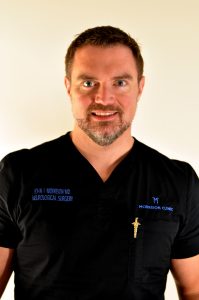What Is a Hemorrhagic Stroke?
A hemorrhagic stroke, also known as a cerebral hemorrhage, is a type of stroke that occurs when a blood vessel in the brain bursts and bleeds into the surrounding brain tissue. There are two types of hemorrhagic strokes: intracerebral (within the brain) or subarachnoid (the space surrounding the brain). This bleeding damages brain cells and interferes with normal brain function, which can cause a wide range of symptoms, including weakness, numbness, headache, dizziness, loss of speech or vision, and even coma or death.

Hemorrhagic strokes are caused by several factors, including high blood pressure, traumatic brain injury, aneurysms, arteriovenous malformations (AVMs), and other blood disorders. A hemorrhagic stroke can also be the result of atrial fibrillation, which is an irregular and often rapid heart rhythm. The irregular rhythm can cause blood to pool in the heart’s upper changes and cause a clot. High blood pressure, in particular, is the most common cause of hemorrhagic strokes, and it can damage blood vessels in the brain over time, making them more likely to rupture.
Diagnosing a hemorrhagic stroke typically involves a combination of imaging tests, such as a CT scan or MRI, as well as a physical examination and review of the patient’s medical history. A CT scan is often used to quickly assess the severity of the bleeding, while an MRI can provide more detailed information about the location and extent of the bleeding.
What Medical Care Is Given for a Hemorrhagic Stroke?
The treatment of a hemorrhagic stroke depends on several factors, including the cause of the bleeding, the location and size of the bleeding, and the overall health of the patient. In some cases, surgical intervention may be necessary to repair or remove the cause of the bleeding, such as an aneurysm or AVM. In other cases, medication may be used to control the symptoms, such as high blood pressure medications to lower the risk of another bleed.
One of the most common surgical treatments for a hemorrhagic stroke is an endovascular coiling procedure, in which a tiny wire coil is inserted into the affected blood vessel through a catheter, blocking the flow of blood and reducing the risk of another bleed. Another surgical option is a craniotomy, in which a portion of the skull is removed to access the affected blood vessel and repair or remove the cause of the bleeding.
In some cases, medication may also be used to control the symptoms of a hemorrhagic stroke. For example, diuretics may be used to reduce the pressure in the brain, while anticonvulsants may be used to prevent seizures. Anti-inflammatory medications may also be used to reduce swelling in the brain and help prevent further damage.
In addition to medical and surgical treatments, rehabilitation and physical therapy can also play an important role in the recovery from a hemorrhagic stroke, depending on its severity. Physical therapy can help the patient regain strength and coordination, while occupational therapy can help them learn new skills and adapt to any changes in their abilities. Speech therapy may also be necessary for patients who have difficulty speaking or communicating as a result of their stroke.
It’s important to note that the outcome of a hemorrhagic stroke varies depending on several factors, including the cause of the bleeding, the size and location of the bleed, and the overall health of the patient. Some people may recover fully, while others may experience long-term effects, such as weakness or difficulty with coordination or speech.
Finding Care for a Stroke in West Palm Beach
Dr. John F. Morrison of The Morrison Clinic is renowned as one of the best neurosurgeons in Florida – specializing in the treatment of strokes, aneurysms and other neurological conditions. Contact Dr. Morrison for an e-consultation today to see how he can help you with your condition or injury and get you on your way to recovery.

